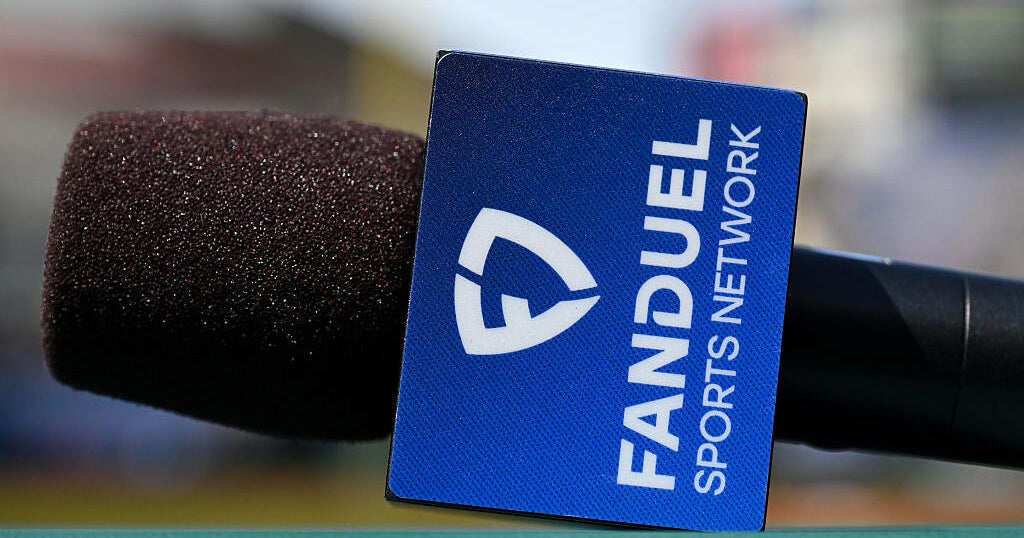Coca-Cola To Address Obesity For First Time In Ads
NEW YORK (AP) — Coca-Cola became one of the world's most powerful brands by equating its soft drinks with happiness. Now it's taking to the airwaves for the first time to address a growing cloud over the industry: obesity.
The Atlanta-based company on Monday will begin airing a two-minute spot during the highest-rated shows on CNN, Fox News and MSNBC in hopes of becoming a stronger voice in the intensifying debate over sodas and their impact on public health. The ad lays out Coca-Cola's record of providing drinks with fewer calories over the years and notes that weight gain is the result of consuming too many calories of any kind — not just soda.
Coca-Cola says the campaign will kick off a variety of moves that help address obesity in the year ahead, such as providing more diet options at soda fountains.
For Coca-Cola, the world's No. 1 beverage company, the ads reflect the mounting pressures on the broader industry. Later this year, New York City is set to put into effect a first-in-the-nation cap on the size of soft drinks sold at restaurants, movie theaters, sports arenas and other venues. The mayor of Cambridge, Mass., has already proposed a similar measure, saying she was inspired by New York's move.
And when PepsiCo Inc., the No. 2 soda maker, recently signed a wide-ranging endorsement deal with pop singer Beyonce, critics called for the singer to drop the contract or donate the funds to groups that fund health initiatives.
Diana Garza Ciarlante, a spokeswoman for Coca-Cola Co., said the new ads aren't a reaction to any negative public sentiment but that the company felt it needed to address "the issue of the times" and be part of the discussion on obesity.
"We have not done a good enough job in telling our story and being consistent in telling our story," she said, noting the company had to be careful in its messaging to remain consistent with its brand voice and avoid sounding "preachy."
A 30-second ad, which will run later this week during "American Idol" and before the Super Bowl, is much more reminiscent of catchy, upbeat advertising people have come to expect from Coca-Cola. It features a montage of activities that add up to burning off the "140 happy calories" in a can of Coke: walking a dog, dancing, sharing a laugh with friends and doing a victory dance after bowling a strike.
Garza Ciarlante said the ad, a version of which ran in Brazil last month, is intended to address the widespread confusion about the number of calories in soda. She said the company's consumer research showed people thought there were as many as 900 calories in a can of soda.
Garza Ciarlante declined to give details on the actions Coca-Cola has planned for the year ahead. But among the options under consideration is putting the amount of activity needed to burn off the calories in a drink on cans and bottles.
Coca-Cola notes it has already made several moves to help customers make smarter choices, such as putting calorie counts on the front of its cans and bottles in the U.S. Last year, it also started posting calorie information on its vending machines ahead of a regulation that will require soda companies to do so by 2014.
Public concern over calories counts is apparent in Coca-Cola's business. In North America, all the growth in its soda business over the past 15 years has come from low- and no-calorie drinks, such as Coke Zero. Diet sodas now account for nearly a third of its sales in the U.S. and Canada. Other beverages, such as sports drinks and bottled water, are also fueling growth.
Even with the growing popularity of diet sodas, however, overall soda consumption in the U.S. has declined steadily since 1998, according to the industry tracker Beverage Digest.
(© Copyright 2013 The Associated Press. All Rights Reserved. This material may not be published, broadcast, rewritten or redistributed.)
Also Check Out:







